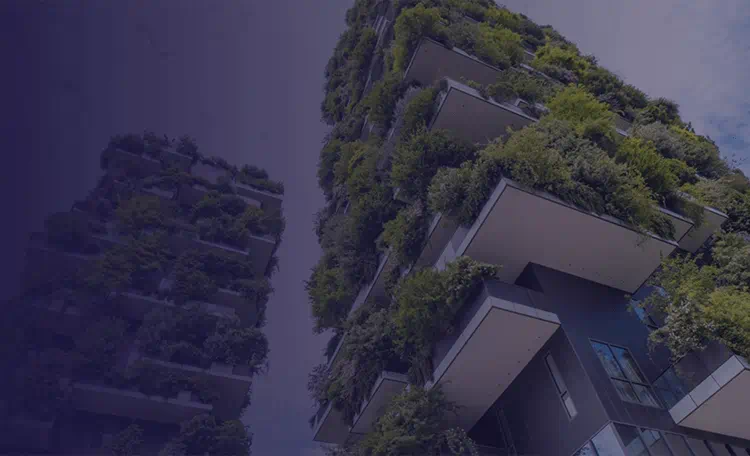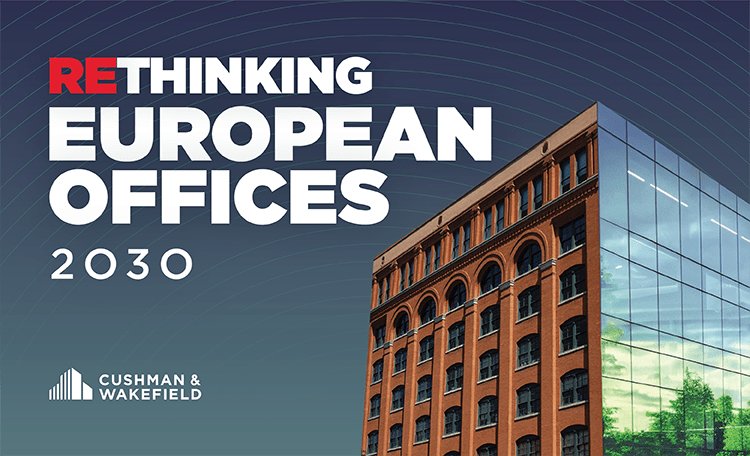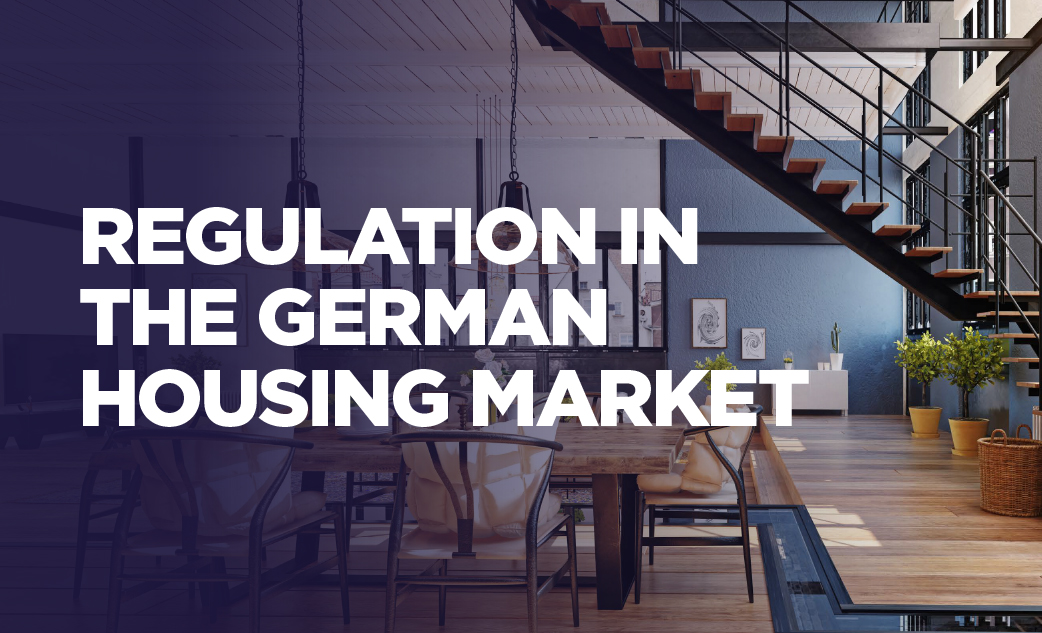With a transaction volume of over 3.7 billion euros in 2021, the relevance of, and demand for, German healthcare real estate is becoming clear. 82 percent of investors are investing in development projects or are preparing to do so. Further insightful results are provided in the complete Healthcare Real Estate Investor Survey 2022 by Cushman & Wakefield.
Jan-Bastian Knod, Partner, Head Residential Advisory and Head of Healthcare Advisory at Cushman & Wakefield explains: "Compared to traditional residential properties, healthcare real estate offers more attractive yields, although these have already compressed significantly due to increasing competition among investors. Institutional investors taking a holistic approach are increasingly integrating healthcare real estate into their investment strategy with sustainability and ESG in mind."
Many asset and investment managers active in the market
More than 120 participants from the German healthcare real estate market took part in the survey. Of these, 55 percent are asset and investment managers, 17 percent project developers. 76 percent of them stated that they have already invested in the German healthcare market or are developing properties here. 6 percent are currently working on entering the market. Thus, new investors and developers can be expected in the German healthcare real estate market in the coming months.
Investors are involved in health and housing
Participants who invest in healthcare real estate (76 percent of the respondents in this study) are often also active in the area of traditional housing (63 percent). Senior living and ambulant care form the interface here, linking both asset classes. However, some investors are also broadly positioned in more than two asset classes and thus in the entire real estate market.
Almost all risk profiles acceptable
The risk-return profile of investors is broadly diversified. From Core (61 percent) to Core+ (65 percent) to Value-Add (54 percent), all risk profiles are accepted. Only the opportunistic segment (20 percent) is not in demand among healthcare real estate investors.
Development projects are the answer to lack of available product
62 percent of the investors surveyed stated that they invest in or acquire development projects via forward-deal transaction structures. 20 percent plan to do so in the future. Development projects offer investors the opportunity to secure properties at an early stage and thus circumvent the prevailing lack of available product caused by the high level of demand.
Investors expect price increases
Investors anticipate a very positive purchase price trend in the next twelve months. Regardless of building age or location, at least 70 percent of those surveyed expect prices to rise. This is especially true for new buildings in the top-7 cities. Here, around half expect an increase of more than 2.5 percent in the next twelve months, and up to 10 percent in the next five years.
Jan-Bastian Knod, concludes: "Healthcare real estate in Germany is more highly sought-after than ever before. The asset class has proven, especially during the Covid 19 pandemic, that it is crisis-resistant and a safe investment opportunity for investors. The number of players in the German healthcare real estate market has grown steadily in recent years, with many seeking access to the market."






